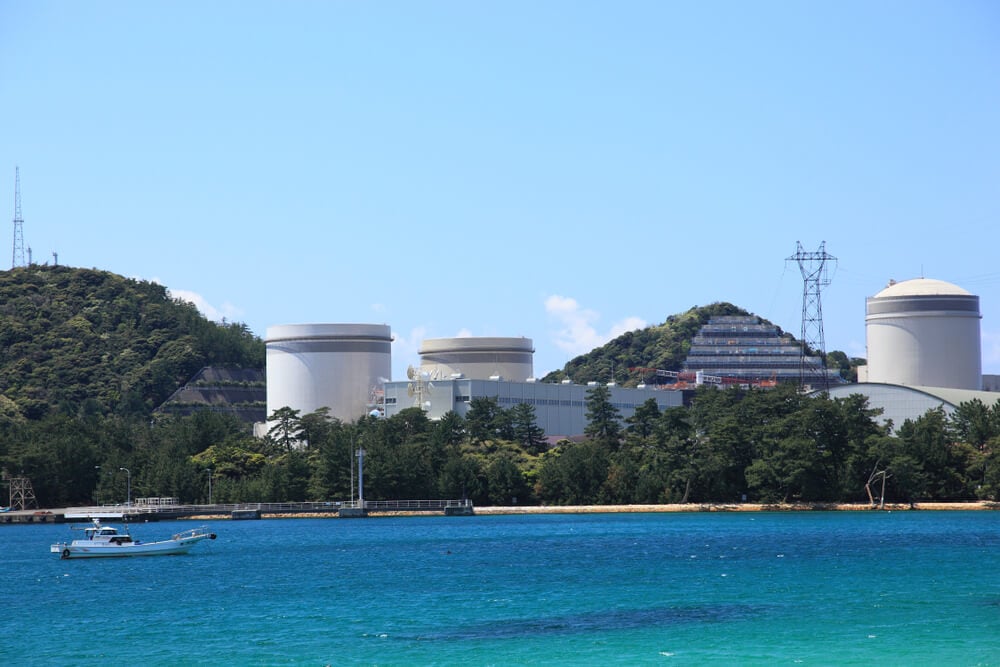For the next three weeks, Japanese politics will tackle a task for which it lacks experience—achieving a functional majority through negotiations between the parties, thereby ensuring a relatively stable government.
The loss of the majority in the snap elections held on October 27 put the long-time ruling Liberal Democratic Party in a position to seek coalition partners on the opposition side.
It is a very rare situation in the normally stable, even boring Japanese political scene, which raises many questions about the future of Japan's politics.
If the current Prime Minister Shigeru Ishiba does not get the support of 233 MPs by November 26, when a special session of Parliament dedicated to the election of the government will be held, for which he lacks 18 votes, he will be remembered as the Prime Minister with the shortest term in Japan's post-war history.
Moreover, this calculation reveals a rare period since World War II when the LDP was not in power in Japan, most recently from 2009 to 2012.
A risk that did not pay off
The risk, even the gamble, that Prime Minister Ishiba took by calling for snap elections did not pay off for the ruling liberals. Moreover, they confirmed the already long trend of falling confidence, which the Prime Minister tried to stop and reverse with the snap elections.
"Voters have handed us a harsh verdict, and we have to humbly accept this result," said PM Ishiba after the announcement of the results.
Shigeru Ishiba will have a chance to form a government, but only at a significant political cost
He will, however, have a chance to form a government, but only at a significant political cost. Known as one of the few members of the party leadership who publicly criticised the decisions of his own party and government, the veteran of Japanese politics still expected the return of citizens' trust in the LDP too quickly.
His arrival in the leadership position in September marked an attempt by the LDP to rebuild its reputation following corruption scandals and a decline in confidence due to the high cost of living and the generally unsatisfactory state of the Japanese economy.
However, Shigeru Ishiba and his party now face a period in which they will have to make concessions to their political rivals if they want to form a government.
Differences within the opposition
It is to their advantage that the opposition parties have disagreements over several important internal issues, such as tax increases for large corporations or the expansion of nuclear power plants.
The Constitutional Democratic Party of Japan (CDPJ), the largest opposition party, had a large increase of 50 mandates in the elections and now has 148 MPs. It is the pivot of the possible gathering of the opposition around the new government and, at the same time, the main competitor of the LDP.
However, this party will face challenging discussions about securing allies, particularly with the centre-right Democratic Party, which has experienced significant growth in the elections. However, the Democratic Party is also a potential first choice for the LDP and PM Ishiba, as an alliance with them would be sufficient for the LDP to form a stable government.
One of the more certain outcomes of the forthcoming complex negotiations is that the LDP will win a tactical majority
One of the more certain outcomes of the forthcoming complex negotiations is that the LDP will win a tactical majority, that is, an alliance on certain specific issues, and not a solid coalition bloc with one of the opposition parties.
After announcing the election results, PM Ishiba indirectly provided scope for such cooperation with the opposition, saying that he would incorporate the policies of other parties into government decisions whenever possible.
Foreign policy on the current course
If Shigeru Ishiba secures a new mandate on November 26, there will be no major change in the business environment in Japan. Firstly, the PM will dedicate himself to the task of restoring trust and repairing the government's image, for which he took on the leadership of the LDP and the government in September.
If the LDP forms an alliance with an opposition party, it will undoubtedly create a fragile political framework that will limit the government's ability to make major economic changes. It will remain committed to maintaining the current course. And that means pushing to raise wages, especially an average minimum wage of $10 an hour over the next five years.
 In the energy sector, which holds significant importance for the Japanese, PM Ishiba will continue to support the expansion of the nuclear sector
In the energy sector, which holds significant importance for the Japanese, PM Ishiba will continue to support the expansion of the nuclear sector
In the energy sector, which holds significant importance for the Japanese, PM Ishiba will continue to support the expansion of the nuclear sector, despite his previous advocacy for its reduction and transition to renewable sources prior to his appointment as the head of the LDP.
However, in a leadership position, particularly during the election, he shifted his stance to support the expansion of nuclear power plants, aligning with the business community's view of nuclear power plants as the cornerstone of energy policy.
Potentially, Mr Ishiba's biggest concession in securing partners for the new government could be related to security policy and the model of cooperation with the US, which is undoubtedly the most important security partner.
Although none of the LDP's potential opposition partners question strategic security cooperation with the US, Mr Ishiba will face more restrictions than before in implementing his former ideas about strengthening Japan's integration into international and regional structures, particularly his earlier concept of forming the Asian NATO.
Whoever manages to secure 233 votes for the new government at the end of November will operate in a rather unstable political environment, uncharacteristic of Japan. The future government will therefore be permanently under the pressure of a new, extraordinary confidence test in the elections.